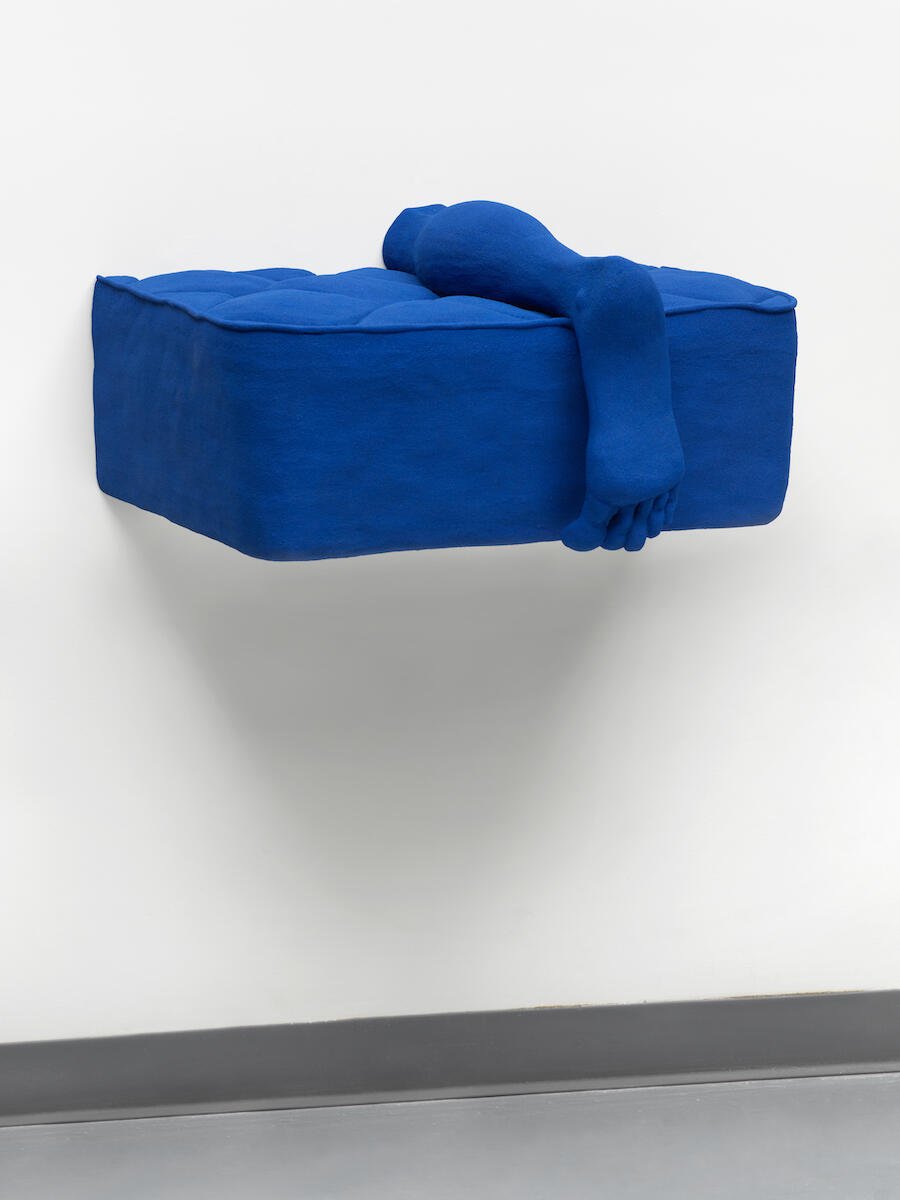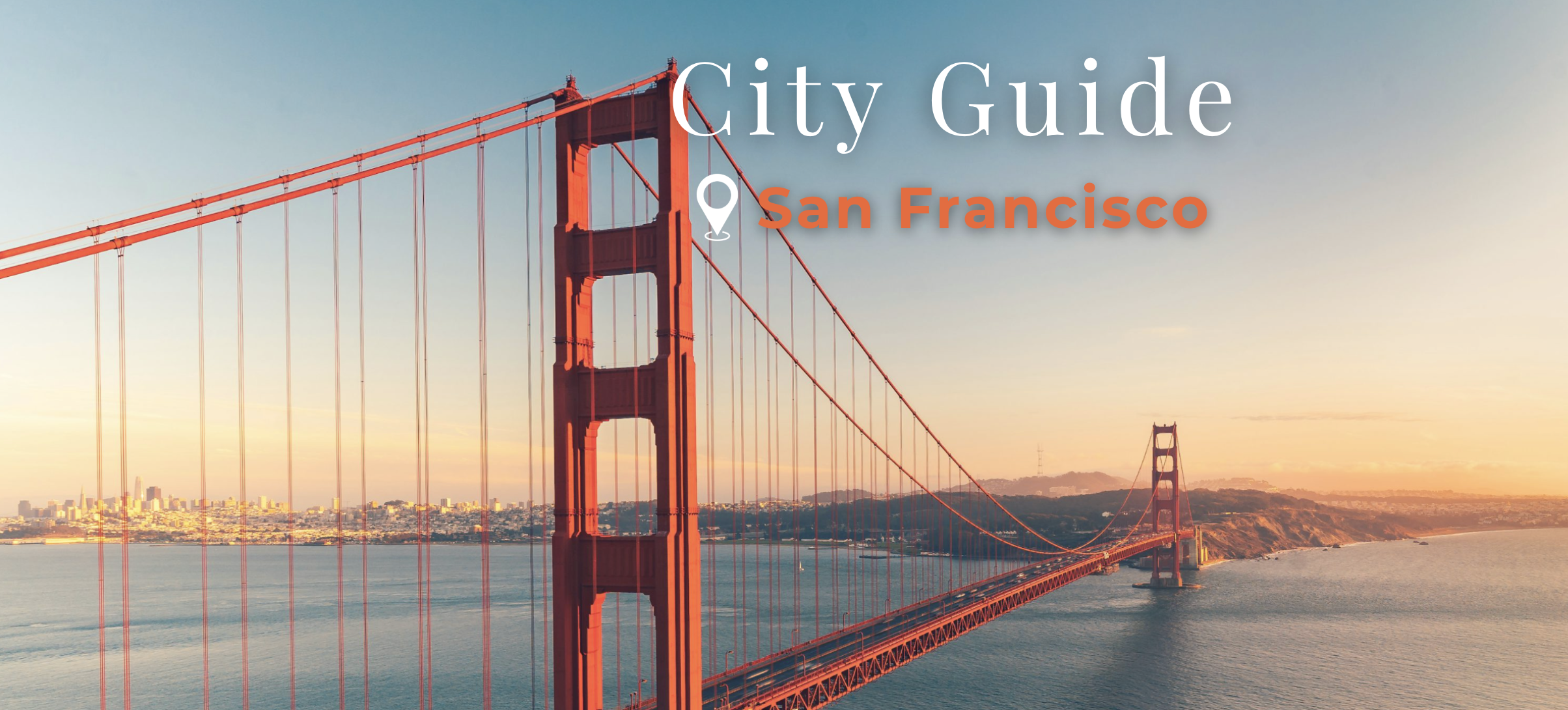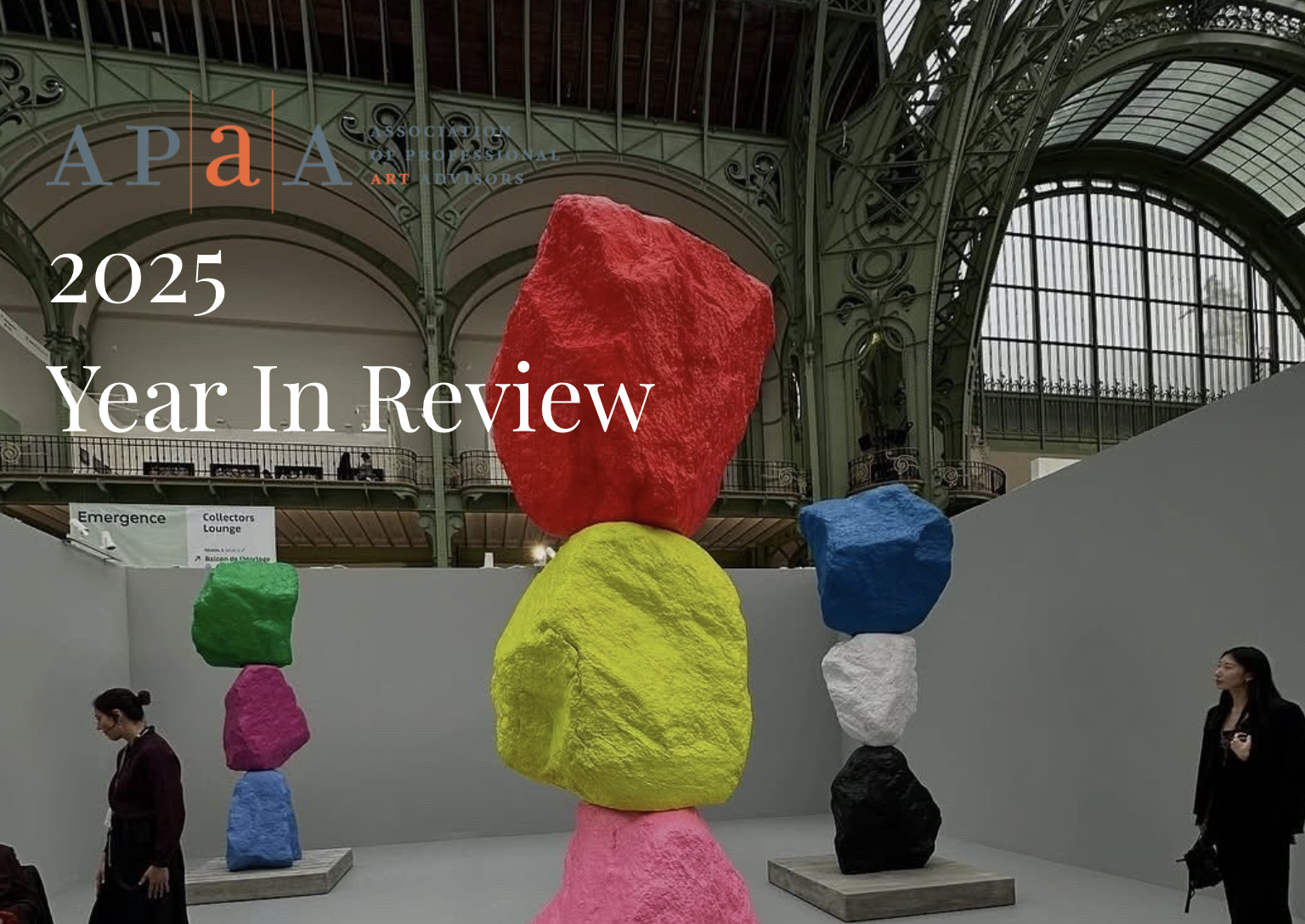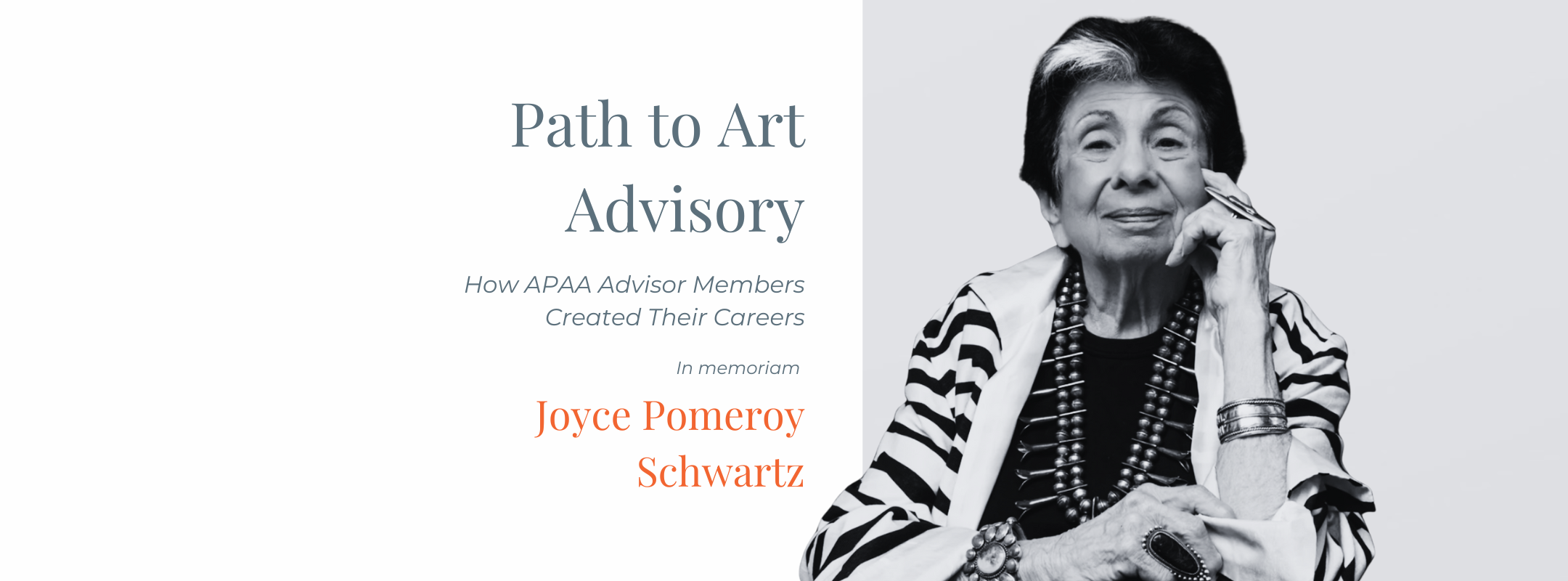APAA + Frieze NY: Top Picks Under $25,000
With Frieze NY set to open this week, APAA members Victoria Burns, Astrid Oviedo Clark, Wendy Cromwell, Darling Green, Cardiff Loy, Lisa Marie Marks, Liz Parks, Michele Quinn and Pilar Vahey have noted their top picks under $25,000.
Jonathan Baldock (Stephen Friedman Gallery)
Facetime (suspect) III, 2020
Ceramic, steel, hand-spun yarn
172.5 x 36 x 34 cm
$10-20,000
Jonathan Baldock has had a few works on display from his "Maske" series and viewing the work is wonderfully fun as they unfold before you. In Facecrime (suspect) III, a series of stacked ceramic columns are punctuated with casts of the artist's own ears, fingers and mouth. There are also emoji-like casts placed throughout the piece that signal anxiety, worry, hopefulness and pleasure. The work considers the way we communicate through expressions and non-verbal signals, but the use of permanent materials like ceramics and clay fix the language in a way that is impossible in life. We are left with almost a relic or riddle and that combined with the artist's creative energy and joy makes this piece something that would be amazing to live around.
Chris Johanson (The Modern Institute)
For Peace Time, 2020-2022
Acrylic on canvas
$20,000
I found this work engaging both visually and technically, while non-objective – there is a complexity in its design and one that would have longevity in its appeal. I’ve known other works by this artist over the years and I am happy to see that he has continued to develop his own visual vocabulary, beyond the somewhat cartoonish works in the past. However, he has always been consistent and has presented a strong use and sense of color and that is clearly shown in this particular work. - Michele Quinn
Bianca Beck (Rachel Uffner Gallery)
_, 2022
wood, wire, papier-mâché, acrylic and oil
$14,000
I first saw Bianca Beck’s sculpture several years ago in gargantuan form, her Body Double series of massive, hulking figures declaring their presence in the gallery space. These figures, with their dyadic tendencies, explored the duplicity posited in Plato’s Symposium, as well as elements of protest and strength in numbers, united. This newer body of work, diminutive in scale, represents a departure from the earlier work not just in terms of size but in that it explores the potential of multiple selves within the individual, perhaps a reflection of Beck’s own gender fluidity. Still bold, still brash, with hints at the emotional bravado of Abstract Expressionism, these works boldly declare in day-glo hyper-pigmented 21st century form their small-but-mightiness, taking up space - and standing alone. - Liz Parks
Jeremy Deller (The Modern Institute)
Bless This Acid House, 2022
Screen print on aluminium
£15,000
Jeremy Deller is known for his collaborative explorations of British culture and community history. In his work, he often reduces his individual agency to promote a collective creative process. Deller has worked with marching bands, school children and commercial designers to produce insightful, politically engaged and often humorous takes on popular culture. This poster-like silkscreen print conflates two vernacular forms: a traditional embroidery sampler aphorism “Bless this House” and the early 90s musical genre Acid House, which relied heavily on the unique resonance of Roland’s TB-303 BassLine synthesizer and became the soundtrack for British rave culture, which itself is a folk form. Deller has worked extensively with the detailed political and social aspects of Acid House in other works, elevating a short-lived dance music form into a meaningful critique of its time and place. - Darling Green
Alex Dordoy (The Modern Institute)
Icebreaker, 2021
Acrylic on canvas
$12,000
Alex Dordoy edits source imagery using Photoshop, removing signifiers that indicate the presence of any humans and the result is a hand-painted pristine minimal landscape, an abstraction or even a simple still-life – but nothing is simple. Using visual language rooted in imagery from early 20th-century advertisements, the images belie his interest in our current world concerns and obsessions. Icebreaker is a good example. Upon initial viewing, one reads a relatively peaceful scene, maybe even a commentary on climate change, until one learns the source imagery ”Convoy to Russia” was made for the WW2 war effort by poster designer Charles Pears. It depicted a convoy entering Murmansk, an important port in the north of Russia during the war. It was the most hazardous route taken by British and American convoys to evade the Germans as they carried vital war materials to Russia. With Icebreaker, Dordoy removed the convoy and left broken ice and a plume of smoke. He also left in the aurora borealis and it acts to emphasize the scene below. Though painted last year, Icebreaker is prescient. Once one knows about the source imagery, one cannot help but think of current efforts to help Ukraine. - Astrid Oviedo Clark
Dennis Kardon (Massimo de Carlo)
Revolutionary, 2021
Oil on linen
$20,000
New York-based painter Dennis Kardon often portrays a sense of uncertainty and tension in his figurative paintings. His work pushes the audience to develop their own conclusions about his paintings’ open-ended narratives. In Revolutionary, both the composition and technique reference Old Master portraiture, but Kardon also embeds contemporary and historical symbols of race, class, and identity in his depiction of a young woman wearing a beret and a small, but noticeable, Black Lives Matter charm. His soft and painterly rendering of his subject contrast with a color-block modernist background. This is where Kardon shines, demonstrating not only his mastery of the psychological narrative but also in the act of painting itself. - Cardiff Loy
Hana Miletić (The Approach)
Materials, 2020
Hand-woven textile, (carrot and dahlia-coloured yellow orange felted raw wool, orange organic cotton orange silk, red orange mohair and silk and variegated orange mercerised cotton)
€ 3,500
Hana Miletić’s spare textiles initially appear as bandages out of place—hanging in arrangements that confuse distinctions between collapse and healing. Her previous work has dealt with language and poetry—such as her project with the Brussels community space Globe Aroma, where she facilitated collaborative poetry and felting workshops for recently immigrated women still learning a new language. The works at Frieze speak to a universal language of contemporary life, the stop-gap holding together of objects, which can be found everywhere mass-produced goods and architecture fail. Her textiles (or, more accurately, darnings) are a kind of Kintsugi, a beautiful repair, but removed from their contexts. Miletić’s poetic concerns are apparent in her translation of the provisional gesture, her compositions move back and forth between the fast and the slow, spur of the moment utilitarianism and deep craft thoughtfulness harkening back to a time where the culture of repair prevailed. - Darling Green
Rebecca Sharp (Sé)
I’m outside, 2022
Oil on canvas
$7,000
Sé Gallery has a brilliant presentation of Brazillian Neo-Surrealist artist, Rebecca Sharp, for this year’s Frieze. The work feels timely as the women of Surrealism are capturing the art market’s attention. Sharp channels her meditation practice to create poetic mindscapes that explore the convergence of the astral and physical planes. Although reminiscent of Yves Tanguy and Gertrude Abercrombie, her paintings exist in a realm entirely their own. Her objects and forms dance across the canvas and are saturated with symbolic imagery that draws from her Afro-Brazilian upbringing. Despite her use of personal imagery, the paintings feel universal, as if filled with an unreachable knowledge of our universe’s structure. According to the artist, “I want to paint the moment in which we, as humans, see something that doesn't exist yet,” a feeling that she effectively captures through her unusual worlds that leave us pondering the true essence of reality. - Victoria Burns
Jesse Wine (The Modern Institute)
Compelling Entry, 2022
Ceramic, paint, steel, sand
$18,000
British-born, New York based Jesse Wine uses clay as his primary art making material. Evoking a domestic interior where an oversized, detached leg hangs over a mattress, both jutting out from the wall in Yves Klein blue, the artwork evokes humor and pathos. Detached hands and feet often appear in Wine’s work where the artist explores the notions of rest and activity. His large-scale ceramic figurative sculptures with a humorous surrealist twist are immediately identifiable, making him an artist to watch. - Lisa Marie Marks
Yan Xinyue (Capsule Shanghai)
Heartbroken Motorbike #2, 2020
Oil on canvas
Art fairs are sometimes about discovery. Yan Xinyue is a new artist for me, someone who I am excited to see and learn more about at Frieze NY. Yan is a Chinese artist who is based in Shanghai. She received her MFA in painting from the Royal Academy in Antwerp. Belgium has an incredible history of fine art, from 16th C. Old Masters such as Rubens to Breughel in the 17th C, the Antwerp School is well-known, and its influence seeps into Yan's work. Belgium in general has a figurative painting tradition, updated in the 20th C. by the Surrealist Rene Magritte. Yan synthesizes Surrealist elements, marked by her use of dream-like imagery, with precisionist painting in the Old Master style. Her lightness of touch and sophisticated palette add to this refreshing combination. - Wendy Cromwell






